Most inheritance plans ultimately fail because the inheritors are not prepared for the responsibilities that come with their financial and familial inheritances.
The most technically complex, artfully crafted Family Governance structures in the world will not keep the family and its wealth together, or help the family to achieve its vision over time. To thrive, the family must learn how to work together, and how to equip succeeding generations to deal with the responsibilities and opportunities of inherited wealth.
The ultimate goal of Family Governance is to create a high-performance, multi-generational team in which the succeeding generations are participating in decision-making, leadership activities, and hands-on money management long before their parents pass on.
A successful family governance process:
1. Focuses on teaching the family to communicate and work together effectively; and,
2. Mentors the children through real-world experiences under the guidance of other family members and advisors–– which equips them to succeed.
The governance process is not just a science, but an art as well. This is an important distinction because if there is any arena in which families do not want a transactional relationship, family governance is it.
We believe that families must address the family governance issue via a flexible, tested, and proven process (whether The Heritage Process® or another process) because there is no ‘one-size-fits-all’ family governance structure solution. Pre-packaged structures should not be ‘imposed’ upon the family in lieu of a process that allows the family to discover what matters most to them. Packaged solutions won’t help the parents to gradually ‘let go,’ or guide the children to discover that it is worth it to participate and that they can actually do it.
We know from history that 90 percent of families fail to keep both their unity and their assets together for more than three generations. The reason the wealth seldom survives is that the heirs are usually not equipped to handle wealth that they had no role in creating. Nor do they have a full appreciation for the responsibilities that come with wealth.
The purpose of family governance is to create and manage structures that will become the children’s ‘classroom’ to prepare them for the inheritance they will receive. Here they will learn by doing. They gain hands-on experience in wealth management by working with limited amounts of money and control, guided by mentors from inside the family as well as by the family’s professional advisors.
“Tell me and I forget. Teach me and I remember. Involve me and I learn.” - Benjamin Franklin
In this process, the children learn the importance of responsibility and high-level, peer-to-peer communication. Our experience is that this is a progression; as they learn skills and demonstrate increasing levels of competency, and as the parents become more comfortable, the children can manage larger amounts of money and take on more significant leadership roles. The advisor’s primary goal is to facilitate this process.
When we examined what the 10 percent of families who have succeeded throughout history have in common, we discovered that they consciously prepared their heirs for their inheritance, typically through the use of ongoing family governance structures. The environment fostered by these structures allows for successful families to plan for and weather even the toughest times. Whatever may be happening in the world around them, they rely on their family governance structures as a vehicle for mentoring the next generation, for passing leadership, and for clarifying and enhancing the family’s vision for the future.
Key principles to successful family governance, include:
1. Each family member must decide to participate for his or her own reasons.
2. The amount of money matters.
3. Communication is the key.
4. The focus must first be on Process, which will lead to Performance.
Through the successful implementation of these key ingredients (typically through the facilitation of a skilled advisor), the children and grandchildren discover that they can participate in family governance in a meaningful way.
When the succeeding generations decide that it is worth their investment of time and effort, the likelihood that their family will enjoy success across generations takes a quantum leap. And, as the parents come to realize that ‘letting go’ and passing leadership is not really about the amount of money, or about giving up too much control, they can focus on their roles as mentors. This means they can enjoy the all-too-rare luxury of seeing their hopes for their children and grandchildren begin to come to fruition while they are still alive. Through this structured learning experience, the succeeding generations will be prepared for the wealth they will receive.
This is the gift of effective family governance.



